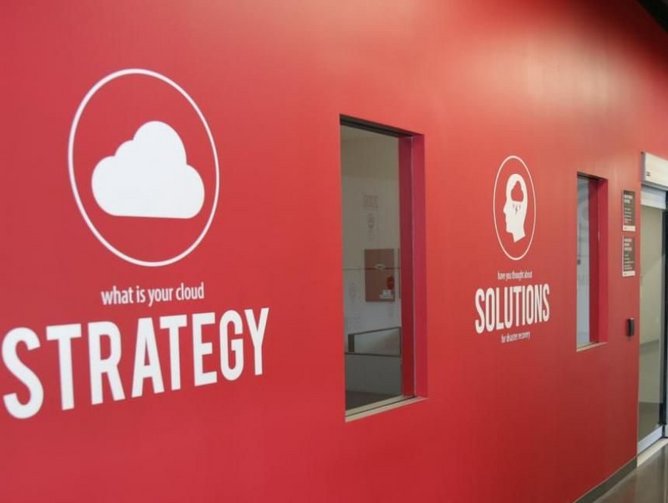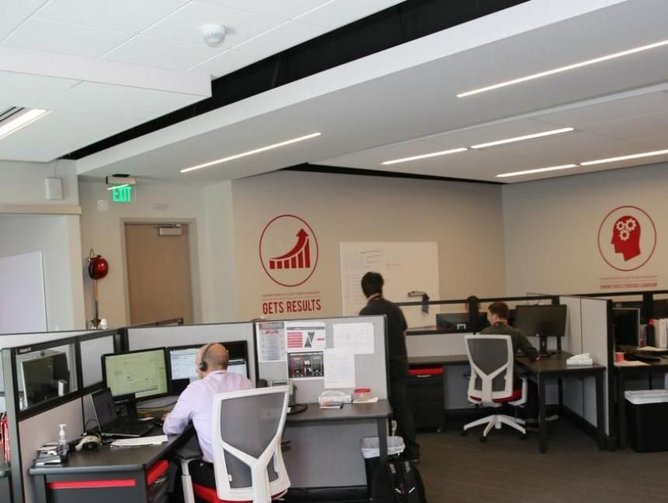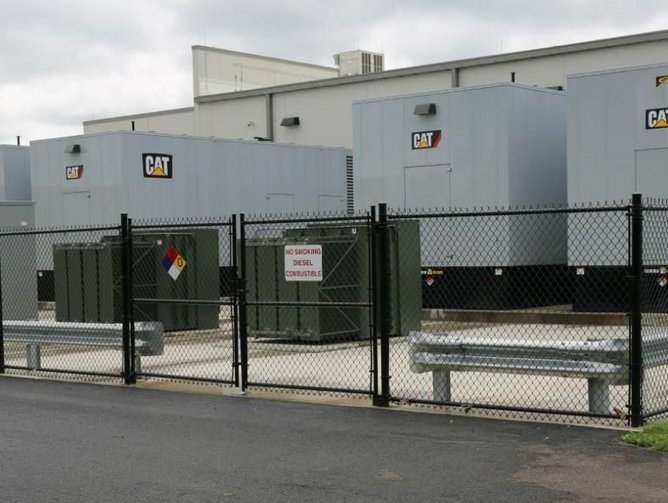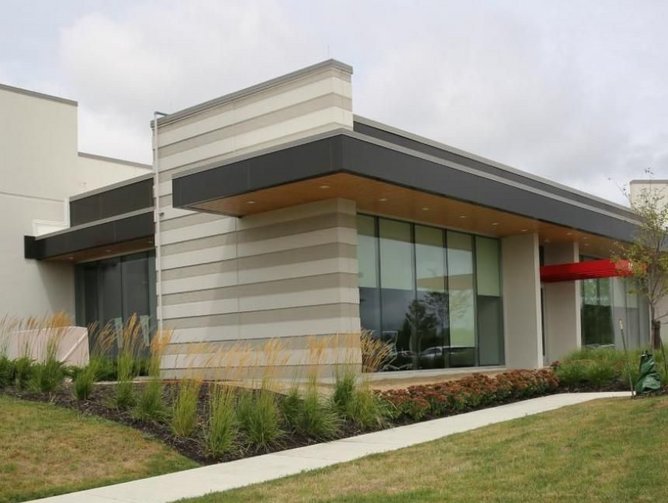We speak to Jonathan H. Rosenson, the Vice President of Quality Assurance and Strategic Initiatives, to find out what makes Expedient the go-to provider.
Cloud computing is becoming second nature to businesses, as ingrained as processes like accounting. Data centers are growing at an incredible pace to accommodate this need for virtual space - they're invaluable resources providing fast connectivity, large amounts of storage and security.
Expedient is one of these data centers, but what sets it apart from the others is its ability to work at a local level, which bigger companies often can't do. Its 11 sites in seven cities including: Cleveland, Baltimore, Boston, Indianapolis, Columbus, Memphis and Pittsburgh provide cloud services, backups, firewall, VPN and disaster recovery. Jonathan H. Rosenson, the Vice President of Quality Assurance and Strategic Initiatives explains: "We are unique because the physical footprint of our organization is different from our competitors. Being able to provide local services is a significant differentiator for us. Half of our clients take advantage of services in at least two data centers, some of them take use three or more in order to maintain even higher availability. Our focus on infrastructure as a service has led us to build consistent capabilities at each of our locations, ensuring the availability."
Founded in 2001, Expedient's mission has always been to fulfil clients' technological needs, even in the days before the cloud, when its facilities were equipped with thousands of physical servers. "We find that our target clients, regardless of industry and size, really need our help because of their skills gaps, or because they may have a really heavy workload" he says.
Expedient's top customers belong to the healthcare, finance, manufacturing, e-commerce and retail industries, in that order. The data facilities are located on the Midwest and Eastern US where there's a wealth of natural resources like gas and oil, so it also has a substantial number of customers in the energy industry.
Other typical clients are engineering and law firms, and generally companies that have large data storage or transmission requirements. Rosenson says the business doesn't cater to any particular size of company. "I think the average would be under $500 million in revenue. But we certainly serve companies on both ends of the spectrum."
Since its inception Expedient has forged partnerships with major players in the industry, including technology multinational, Intel, virtualization software company VMware, and computing giant Microsoft. "Every single solution that we deliver typically includes some combination of those vendors whether it's discreet or not," he says.
Key to Expedient’s success is building systems that competitors haven't. "One big example of that is a solution we call push button disaster recovery," he explains. “That’s a service that encapsulates all the components of the computing environment and literally gives [our clients] a single button to push to failover all their workloads between our data centers and clouds." This solution in particular has won them plenty of business, because it eliminates the tedious need to reconfigure the network when there's been a problem.
Cost effective
Another key element is being financially strong. "We do not have any banking debt and most of our competitors can't say that. If we need to buy something we have the funds available to do so, whether it's buying generators or servers."
Cost-effectiveness is crucial. Rosenson continues: "The converged technology that we provide enables the best performance at the least cost from a computing standpoint. That goes for the data center facility, the air conditioning, the power delivery mechanism, through to the servers and the virtualization software."
Sustainability plays a big part in this. At each of its centers the company has implemented measures to make sure utilities like lighting and heating are energy-efficient. "The thermal optimization is essentially using best practices so that the ambient temperatures are as high as they can be, but still have a relatively balanced environment," Rosenson says. "We use data center infrastructure management software in combination with sensors throughout the facility. The energy-efficient lighting is certainly important, relative to only having lights on when people need them. And then finally we recycle the hardware we no longer need, either scrapping it via a third party or taking it to a recycling center depending upon the nature of the equipment."
Chris Topoll, Manager of Data Center Operations, adds: "We have deployed a very robust sensor network throughout our data centers that allows us to review data throughout the location, and we can control the air flow and cooling capacity based on those reports. We implement highly sophisticated software with the HVAC manufacturer's help that allows the units to do precision cooling to our specific requirements, so we don't over-cool or over-humidify and optimize energy usage."
Excellence
Rosenson says another area where the company differs from its rivals is "operational excellence, and that is through a combination of people, processes, procedures, and continuously measuring those and improving them, so that doing business is as effortless as possible for our clients."
Chris describes the outstanding relations Expedient maintains with many of their facilities’ engineering partners to specifically include: Etzel Engineer & Build, Vertiv, and Cleveland Brothers. Etzel Engineer & Build helps us maximize availability into our site designs and make certain that each site build is executed on-time to our exacting standards. We have come to rely upon Vertiv (formerly Emerson-Liebert) to provide and maintain a significant portion of our critical UPS and cooling equipment. In order to maintain our generator systems we utilize Cleveland Brothers in many of our markets. Cleveland Brothers provides quality maintenance and standby testing for many of our backup generators. Our partners help us to build and maintain the reliable product that Expedient’s customers have come to expect.
Expedient spends well into the six figures on the training of its 300-plus staff each year. This includes technical training and leadership development, as well as running a tuition reimbursement program for employees who want to get a post-secondary education.
The protection of data is paramount, so Expedient follows standards of compliance according to industry and government regulations. These include the Health Insurance Portability and Accountability (HIPAA), which means it abides by the U.S. Department of Health rules for patient confidentiality, and the Payment Card Industry compliance (PCI), ensuring card payments are completely secure. As some clients operate within the European Union, the company is part of the EU-US Privacy Shield program, a significant requirement for customers so they can be certain the personal information of EU individuals is kept safe.
Rosenson says the most important thing about Expedient is working with the customers to get what they want. "Based upon their unique business needs we try to classify the outcome into four main areas. Our customers are looking for agility, so they can respond faster to change and we can help them with that. They're looking for availability, because they need to make sure their applications are always reliably available to their customers. Cost control, to be able to have a predictable monthly operational expense, and not have to employ capital as often, and align that operational expense with customer demand. And then finally the risk mitigation, complying with government and industry mandates."
In essence, Expedient's remit is to help. "Anything technology or infrastructure-related, we can help by complementing a customer's applications, giving them the platform and the environment to operate reliably for the best performance possible," Rosenson concludes.





